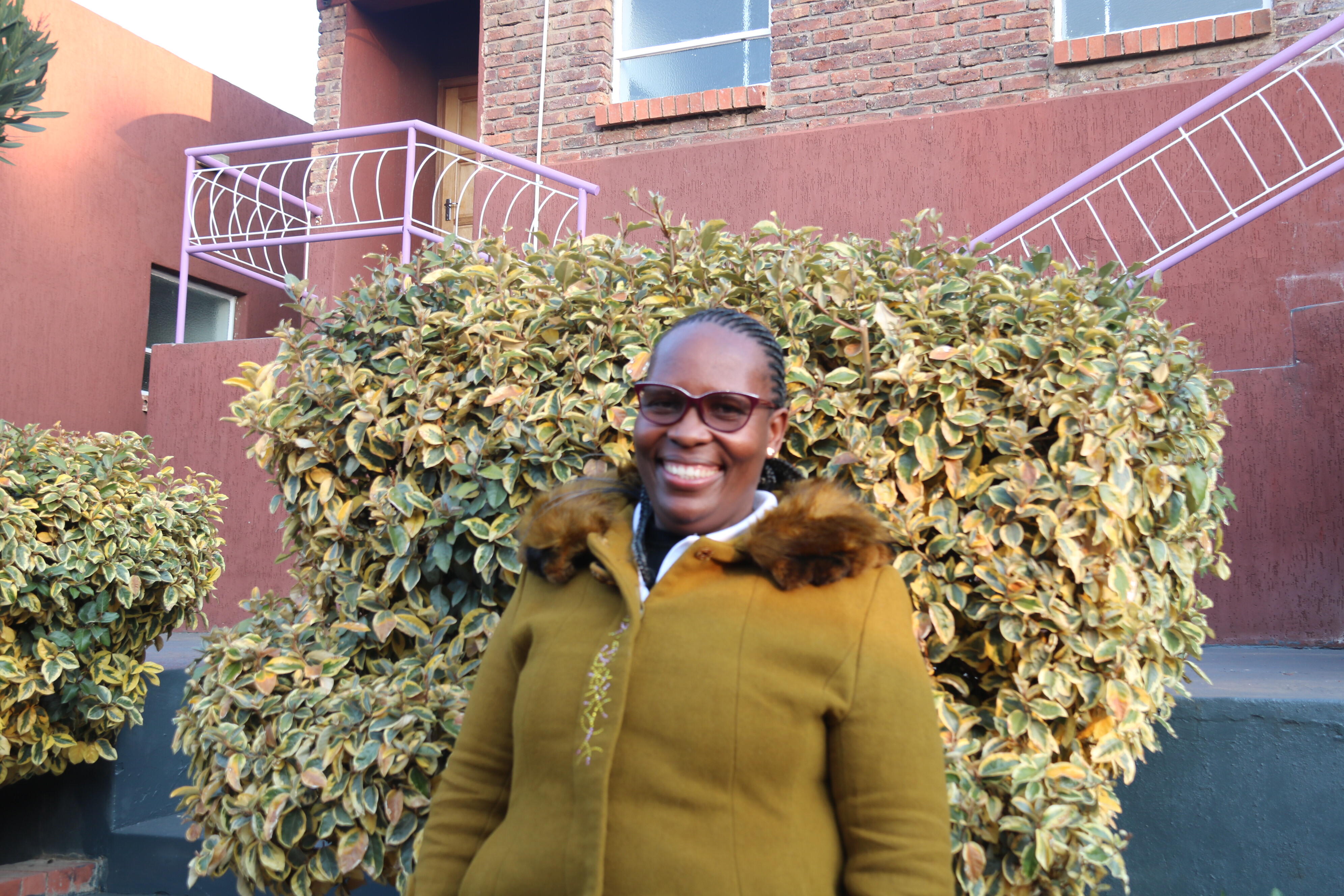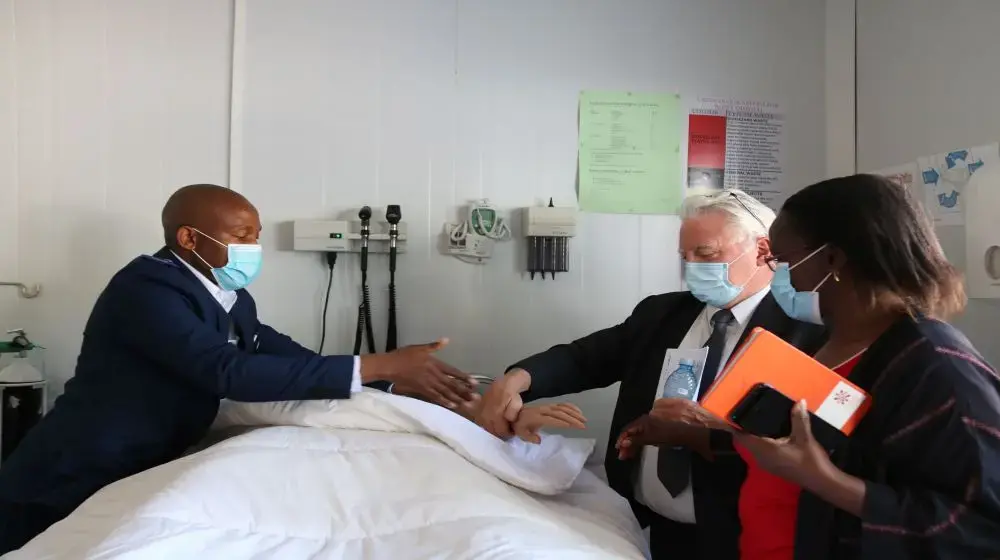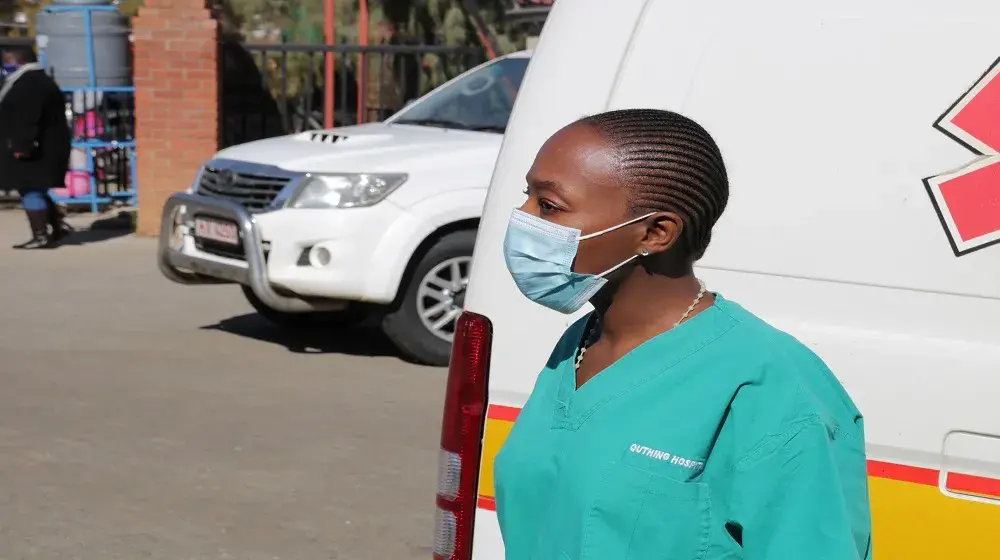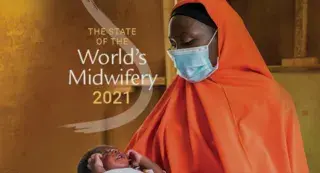A shocking Maternal Death Review report, funded by UNFPA, was recently released by the Ministry of Health. It shows that between 2011 and 2015 a total of 215 maternal deaths were reported from the national information systems and from the Christian Health Association of Lesotho health facilities as well as direct reports from the community.
Experts of the Ministry of Health and key development partners assessed in a workshop the causes of the maternal deaths which occurred between 2011 to 2015. The highest number of maternal deaths occurred in Maseru where 102 women lost their lives as a result of complications of delivery or inadequate care during pregnancy. Additional alarming figures come from Leribe and Berea with 25 and 19 lives lost respectively. The report further shows that women between the age of 24 and 34 were the most at risk of dying as a result of pregnancy and childbirth. All levels of health care were affected, with the highest number of cases in Queen Mamohato Memorial Hospital. The hospitals had the highest number of deaths from complications of hypertension and as a result of the late referral from district hospitals. Furthermore, women who had a first pregnancy aged 20 – 24 years were at greatest risk of dying with a total of 56 deaths during for that age group. What is however more worrisome is that the majority of women who died during the pregnancy or the childbirth had fully attended antenatal care (ANC) and were under the impression that they could safely deliver their baby.
The Sexual and Reproductive Health Manager in the Ministry of Health Ms Motsoanku ‘Mefane said suboptimal care was among the factors that contributed to maternal deaths whereas if the majority of the cases (60.5%) had an appropriate management, they would have survived. “The avoidable factors associated with deaths were as high as 116 cases compared to unavoidable factors of 87,” she said, adding that most deaths (33.3%) occurred during the postpartum period, making it the most critical time for women who want to become mothers. She added that obstetric haemorrhage (33.5%) was the commonest cause of mothers in the health facilities.
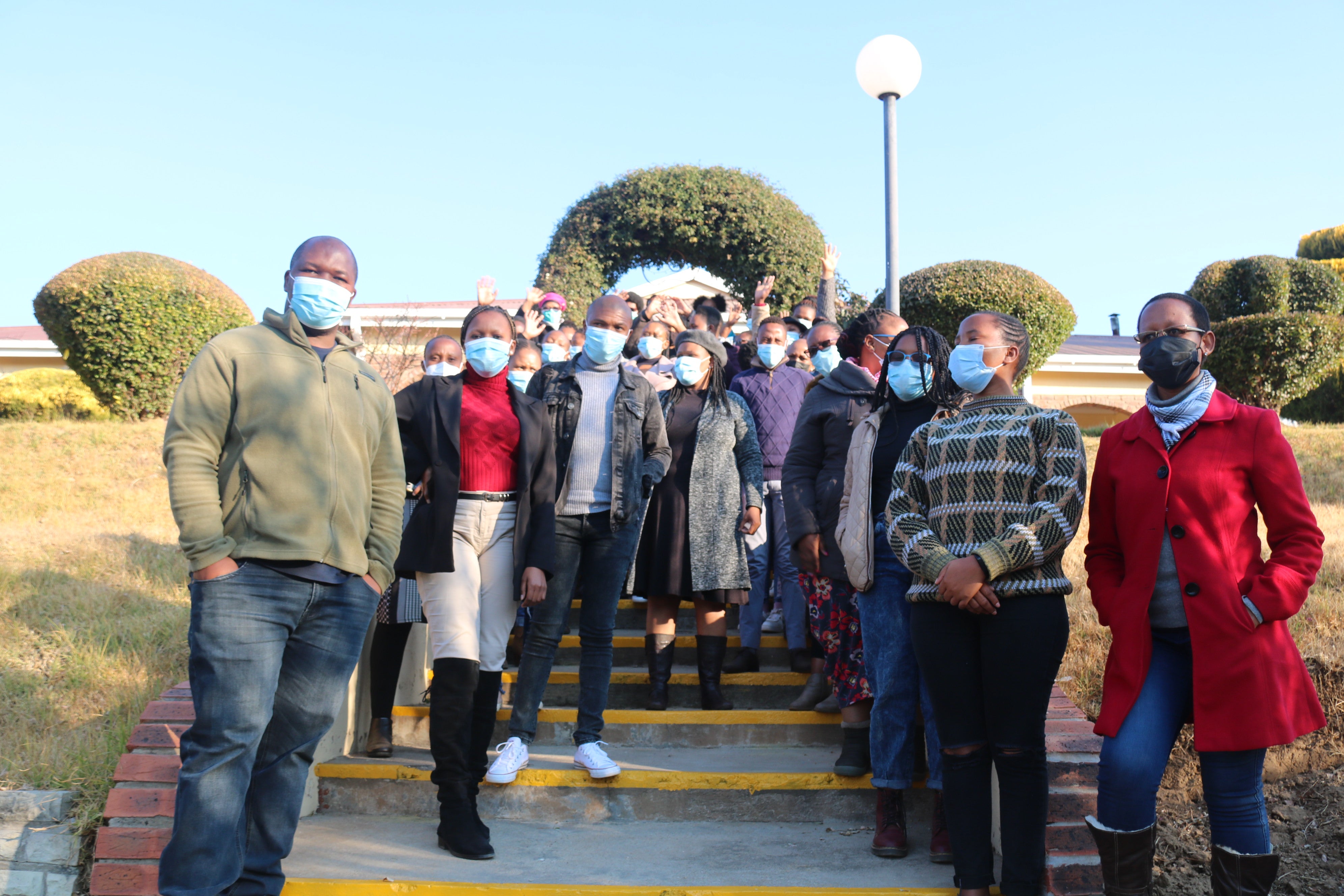
In response to the report, Limpho Sello, a Journalist with the Lesotho Times newspaper said, “what we need to do as Journalists is to pass on strong awareness messages about prevention of maternal deaths and hold those who are in charge accountable. Based on the report presented to us, I realise there are still many maternal deaths that happened that could have been avoided. This means that there is still a lot of negligence that is happening at our health facilities around the country.” She stated that it is upon journalists to make the Ministry of Health accountable as it is supposed to be overseeing what is happening at health facilities level. “We also have to follow up on whether the cases have been reported by community leaders because they are the first point of reference. We all need to take accountability and take part in fighting maternal deaths,” she added.
Dorcas Letuka who writes for the Public Eye newspaper also emphasised the need for journalists to pass on correct, educational messages. “It is upon us to provide communities with the right authentic information. We have to provide data to corroborate our information. Statistics are very important and we need to provide the public with authentic information they can trust which is different from what they get on social media. The way we deliver information is very important, we need to dig deep and quell all the myths associated with, for example family planning,” she stated.
Another Journalist from “Mose Ho Seaka” Community Radio Station in the Quthing district Anna Shale stated that her radio station uses three languages used by communities in the Quthing district and therefore she was going to work with health centres in her area to pass on messages on prevention of maternal deaths to those who were often left behind. “It is important to me to go and pass the message in the three languages used by my radio station to ensure that all members of the communities get the information,” she said.
Dr Derveeuw Marc G.L., the UNFPA Representative shared his concerns with this situation which is really worrying for a country which has a lower middle-income status. The current maternal mortality rate in Lesotho is 554 per 100 000 live births and is the highest in the region. It is classified as “very high” on a world level, yet there is very little national political concern and even a political ignorance about it. He agrees on the analysis of Ms Mefane from the Ministry of Health that suboptimal care is the main reason for women dying with a complicated pregnancy or during childbirth. He added that the brain drain and national competency loss as a result of immigration to South Africa leaves the country without qualified medical staff, especially midwives and doctors to perform lifesaving interventions. He pointed out that the report only covers a period which relates to a situation more than 6 years ago and at this stage we do not know if things are improving. The first maternal death report in Lesotho was released in 2010 and it took the country 11 years to release an update. He urges the Ministry of Health to update the study with a more recent study and confirmed that UNFPA will continue to support this level of analysis as part of the strategy to avoid unwanted maternal deaths in the country. He expressed his sincere hopes that things have improved, but only a recent analysis will provide us with proof of that. Let’s hope for the better he said.
The aim of the maternal death review, supported by UNFPA, the United Nations Population Fund was to investigate why some women die during pregnancy, delivery, or after delivery. The confidential enquiry system of documenting and scrutinizing the maternal deaths was initiated in 2009 and led to the formation of Lesotho Committee for Confidential Enquiries into Maternal Deaths (LCCEMD). The role of LCCEMD is to facilitate compilation, review, document, analyze and produce reports of the maternal deaths. The Ministry of Health also has maternal Death Assessors at district level, who facilitate reporting of the maternal deaths.

